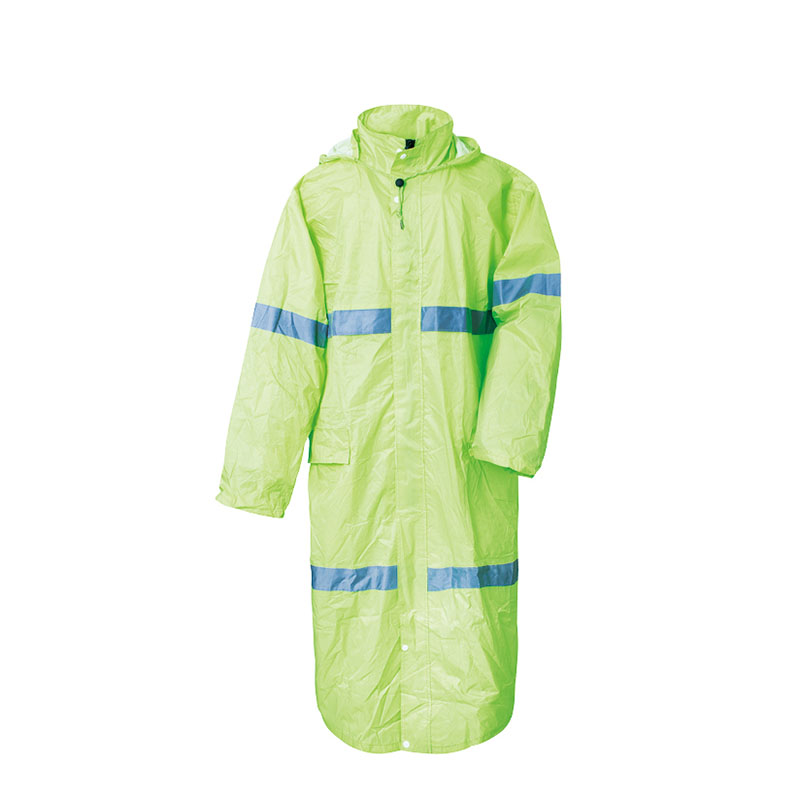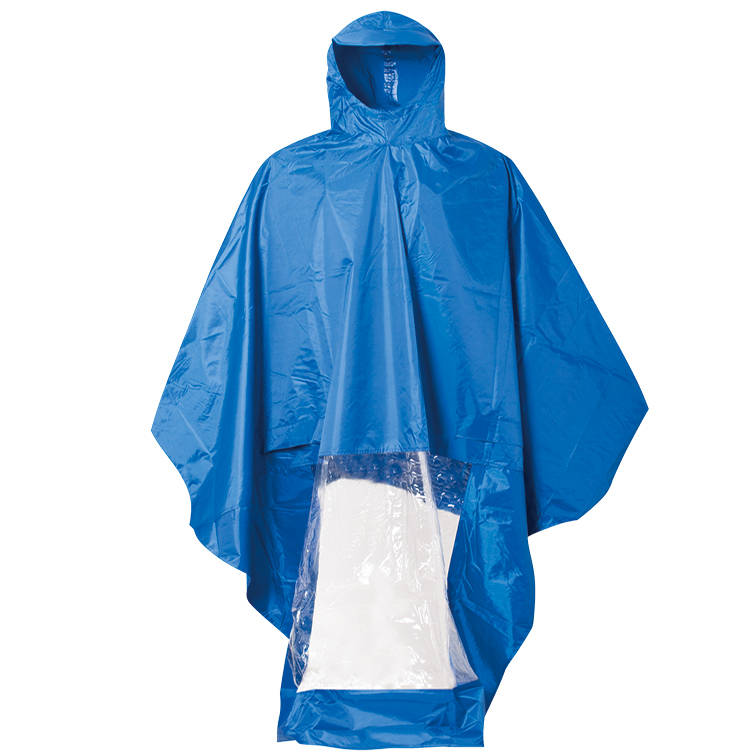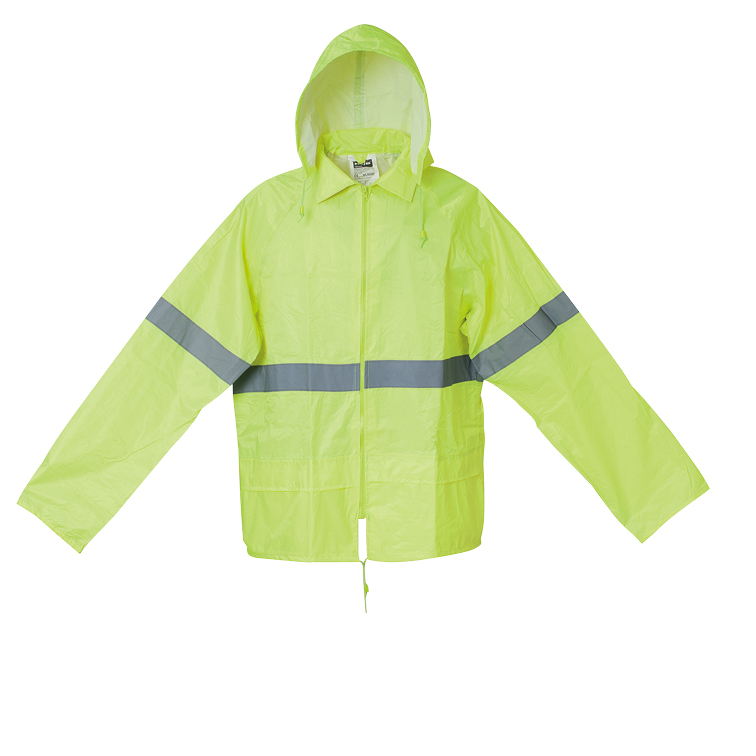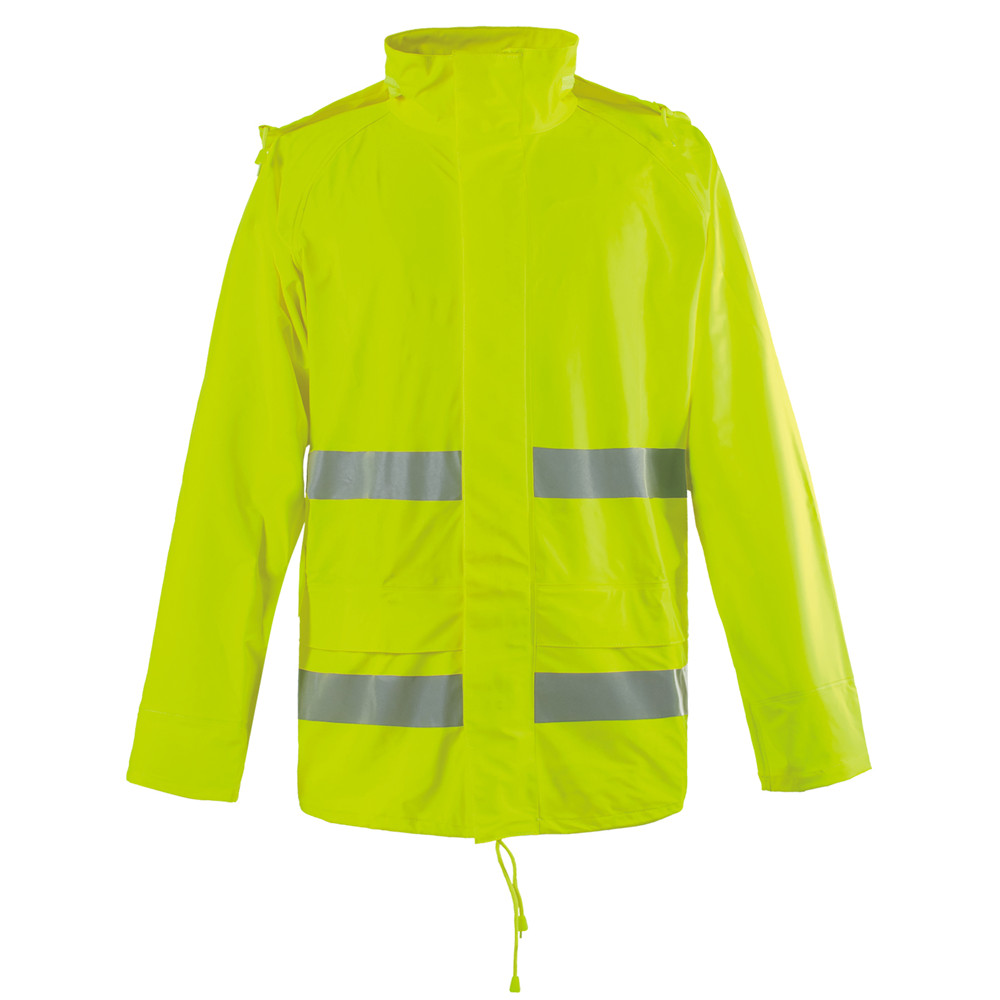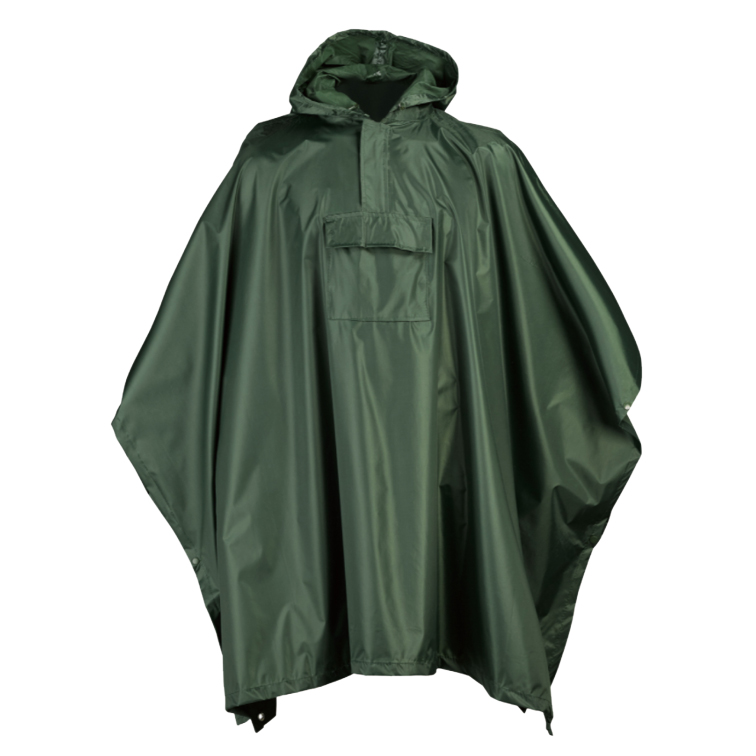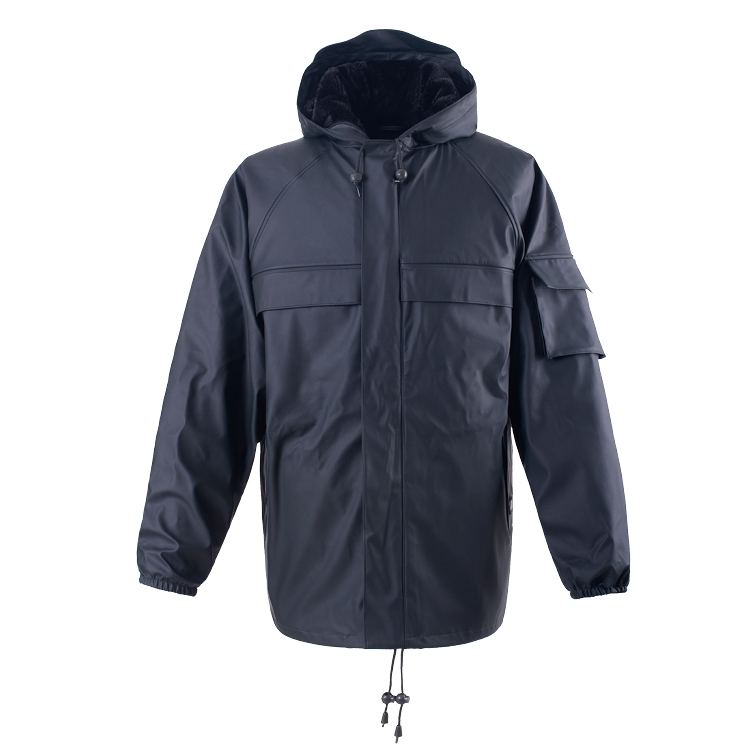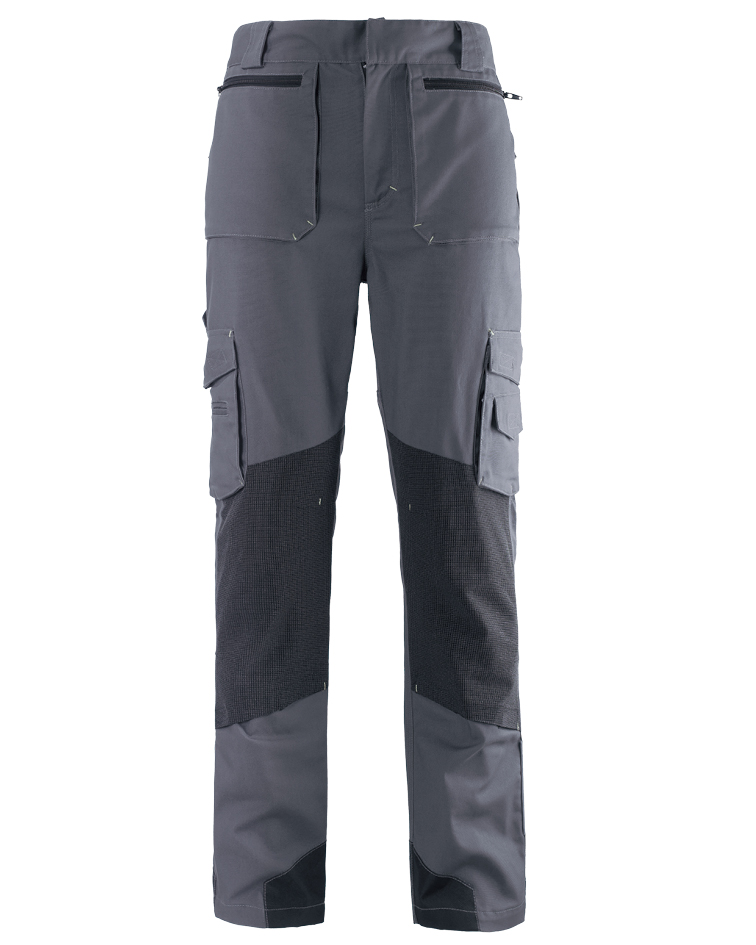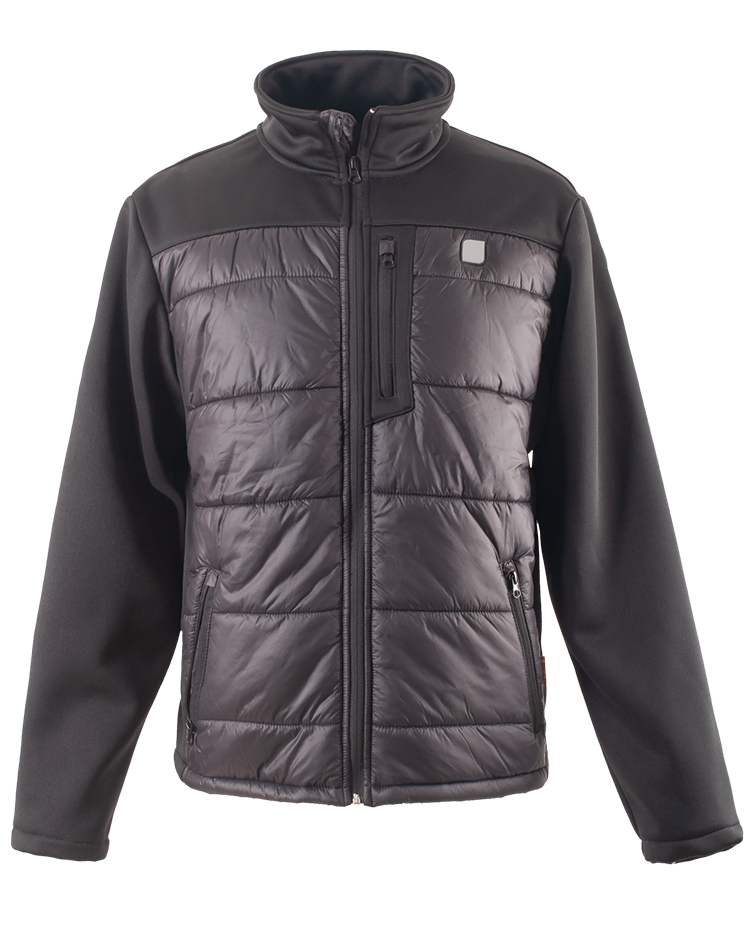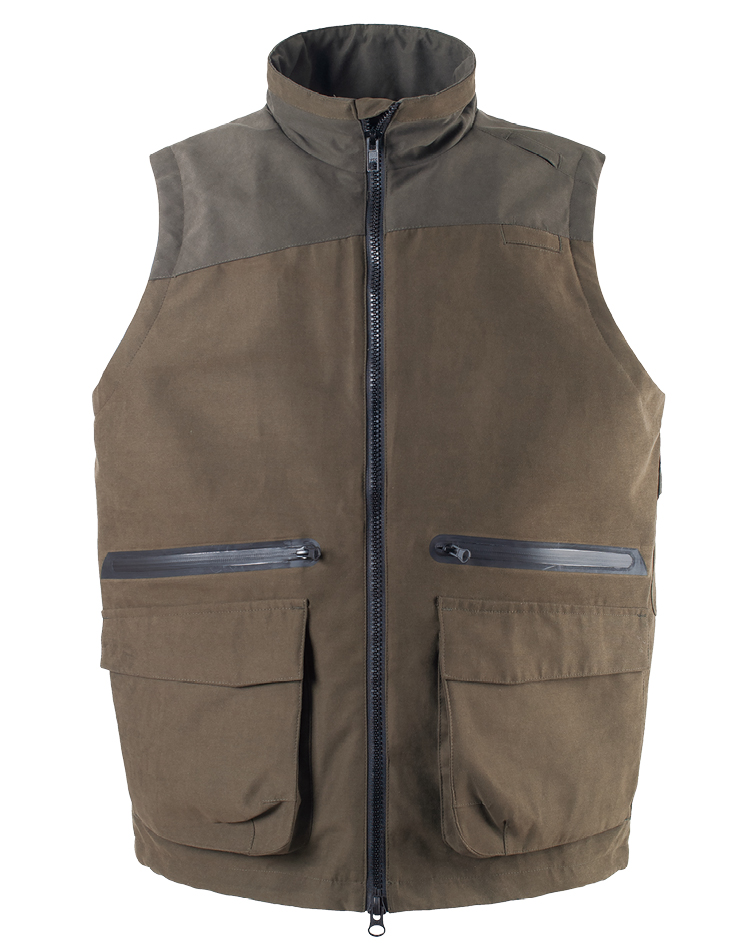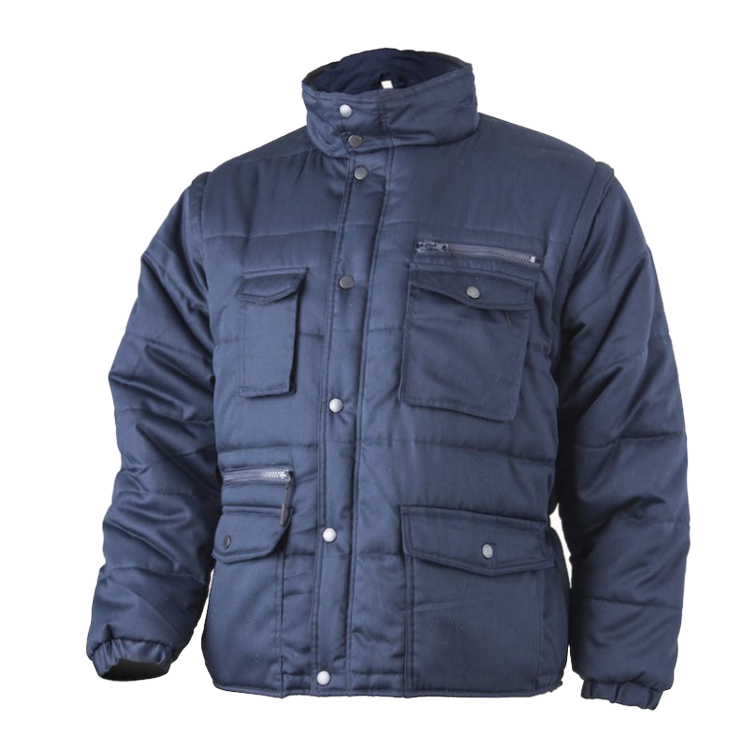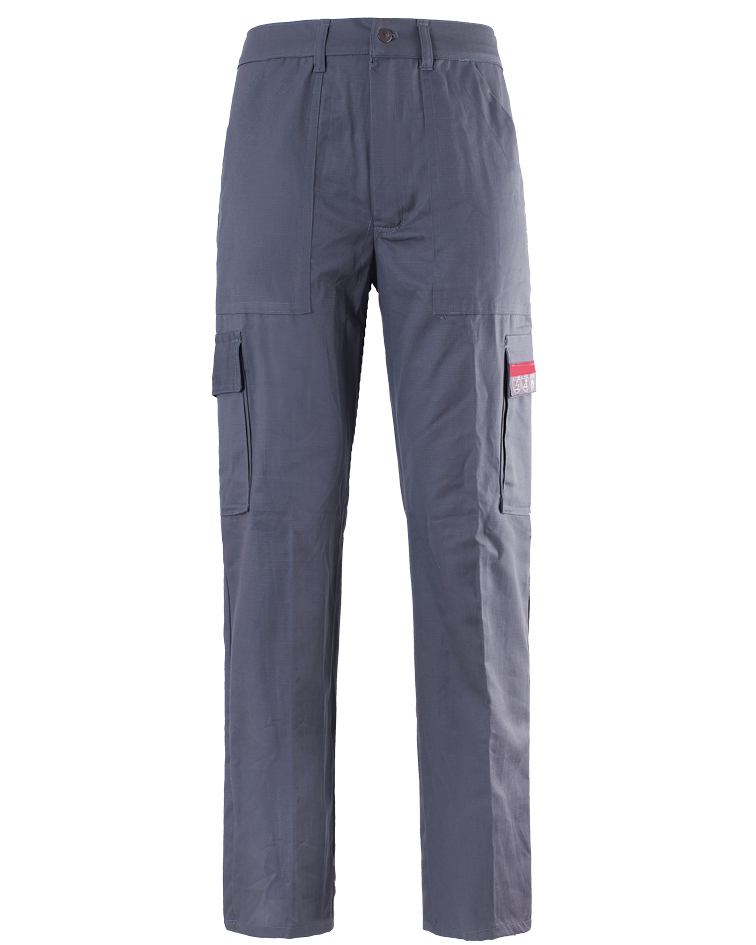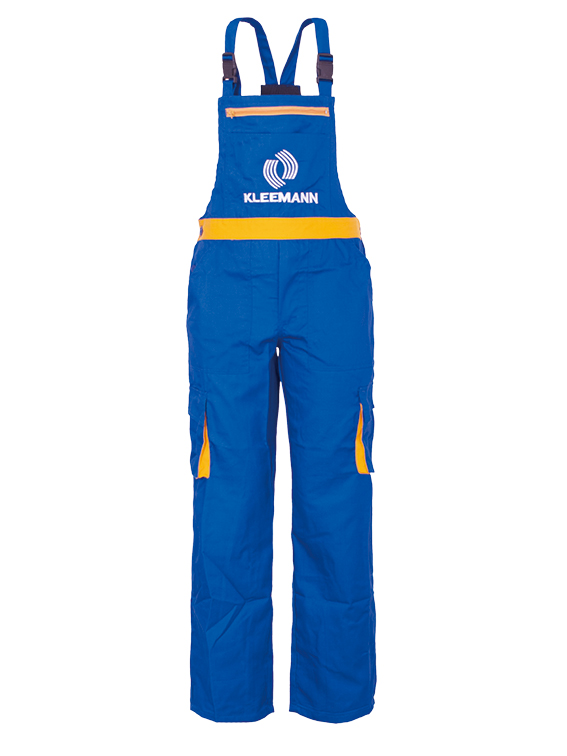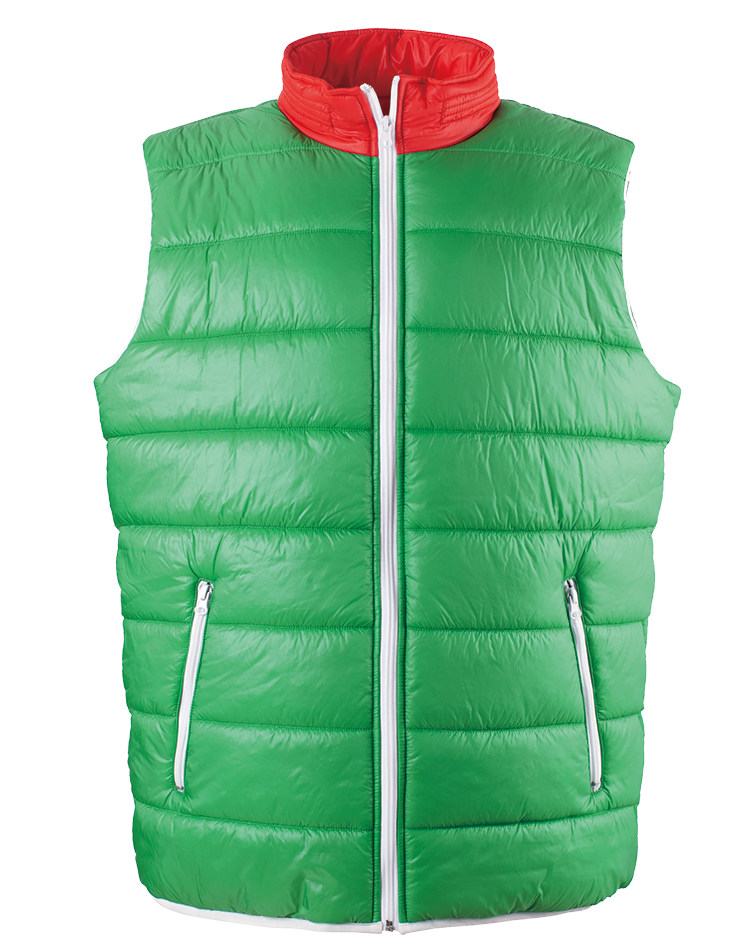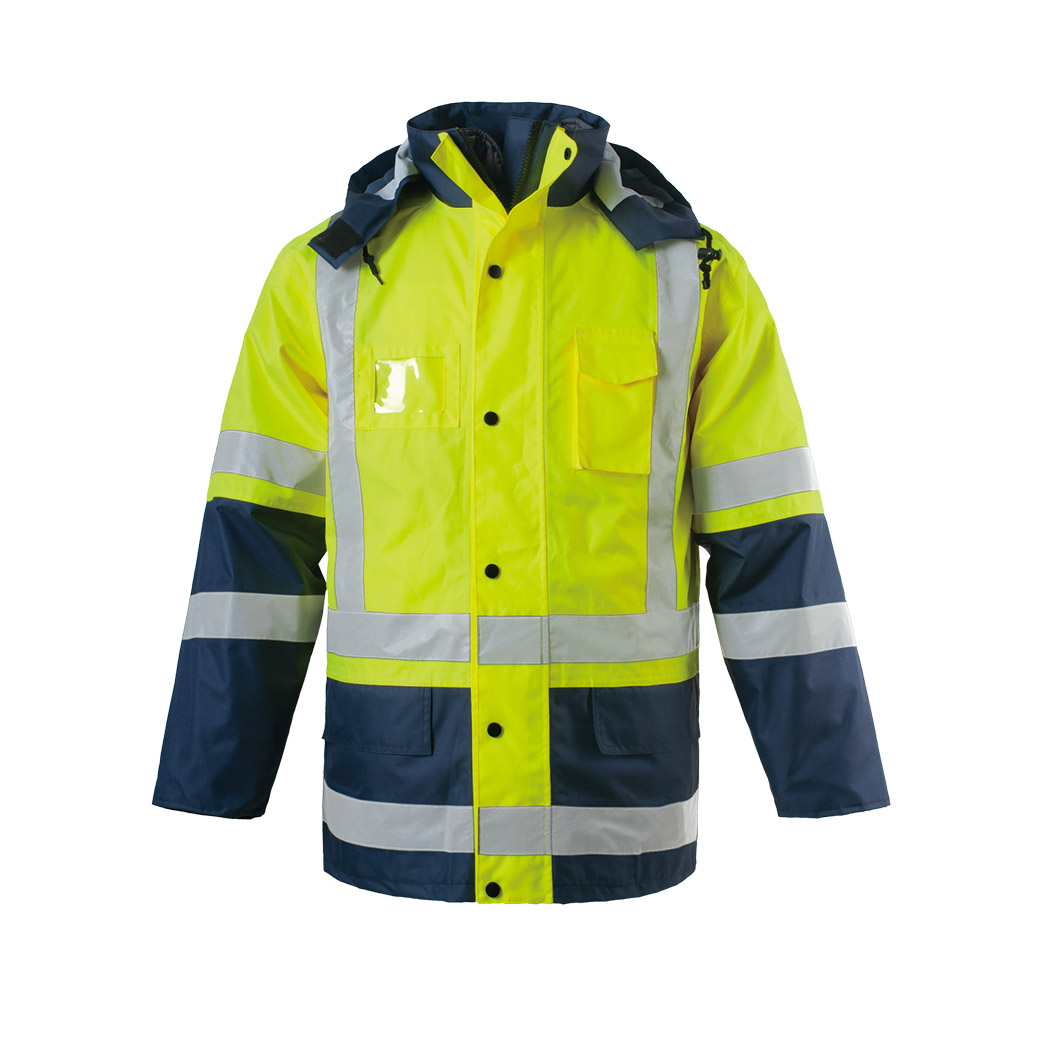Dear customers and friends:
2in1 Layering, Real-World Warmth: Field Notes on a Convertible Work Jacket
If you’ve ever wished your cold-weather kit could adapt on the fly, you’re not alone. This season I spent time with the Winter Jacket that keeps showing up on jobsites and loading docks—because it actually pulls double duty without the usual compromises.
Quick backdrop: it’s made in Shijiazhuang, China (14/F., Yisheng Building, No.68 West Heping Road), and yes, the sleeves zip off. But the surprising bit is how well the core stays warm when you do. Many users tell me they run it as a vest during forklift runs, then reattach sleeves for wind-strafed yard work. It sounds basic; it’s not.
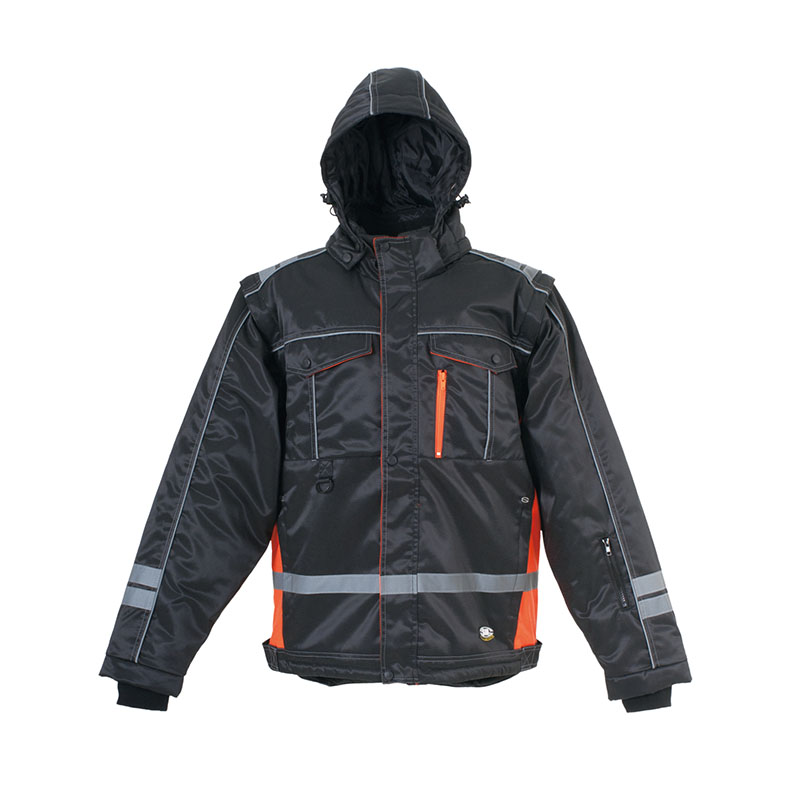
Industry trend check
Trends are leaning modular: detachable components, recycled fills, and tighter weatherproofing without heavy bulk. In fact, procurement teams increasingly ask for verifiable standards (EN 343 for rain protection; ISO 11092 for breathability/thermal resistance), plus customization for colors and corporate logos. This jacket lines up nicely with that direction.
Technical build (in plain English)
- Shell: beaver nylon blend — 55% cotton / 45% polyester, ≈250 gsm (tough but not cardboard-stiff).
- Lining: 190T polyester for snag-resistant donning.
- Insulation: ≈180 gsm synthetic padding; warm, dries fast.
- Windproof paneling and storm flap; sleeves are removable via robust zips.
| Model | DM368 (series) |
| Shell Fabric | Beaver nylon 55% cotton / 45% polyester, ≈250 gsm |
| Lining | 190T polyester |
| Padding | ≈180 gsm synthetic insulation |
| Thermal (Rct / clo) | ≈0.18 m²K/W (≈1.1–1.3 clo) in lab; real-world use may vary |
| Water Protection | DWR finish; hydrostatic head ≈5,000 mm (shell) per ISO 811 |
| Breathability | ≈5,000 g/m²/24h (ISO 11092) |
| Abrasion | ≥25,000 cycles Martindale (ISO 12947) |
| Certifications | EN 343 class 3:1 (target), OEKO-TEX Standard 100 (materials) |
| Sizes / Colors | S–4XL; core neutrals; custom palettes possible |
| Origin | Shijiazhuang, China |
Process flow and quality checks
Materials are cut and panel-stitched with reinforced seams; zippers and snaps are cycle-tested. DWR is applied, then cured. Typical verifications I saw referenced: hydrostatic head (ISO 811), spray test (AATCC 22), breathability/thermal (ISO 11092), rain protection (EN 343), and abrasion (ISO 12947). Service life? Around 3–5 heavy winters depending on duty cycle. To be honest, warehouse use stretches longer than abrasive construction sites.
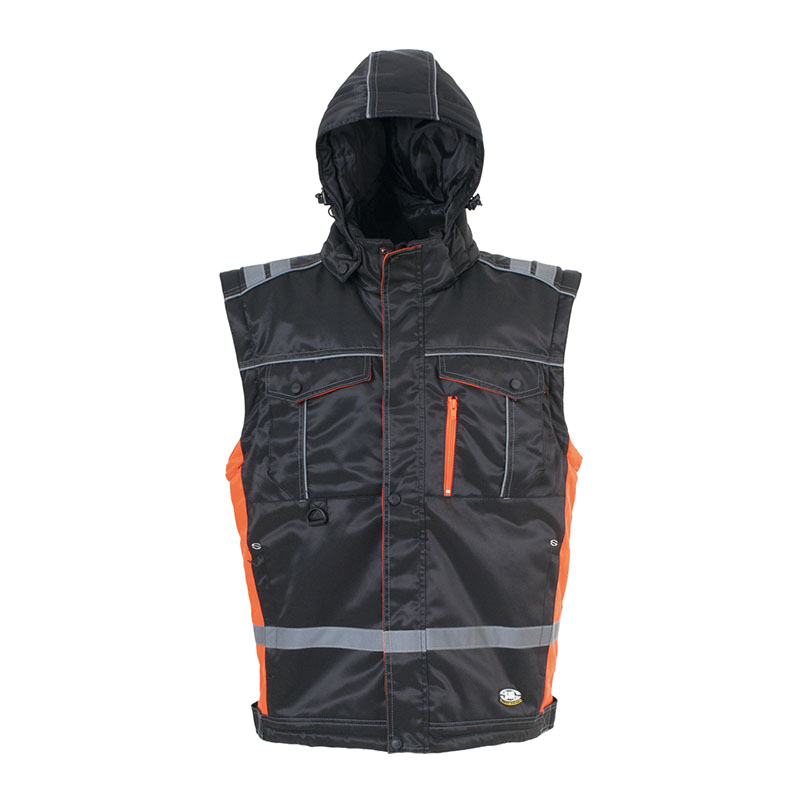
Where it actually shines
- Logistics & cold-chain loading bays (vest mode during high-exertion tasks).
- Construction, utilities, telecom tower crews—wind exposure is the real enemy.
- Facility maintenance, campus security, night shift patrols.
- Light snow and sleet conditions; pair with a shell if you expect soaking rain all day.
Vendor snapshot (why this over the usual suspects?)
| Vendor | Thermal (clo) ≈ | Waterproofing | Sleeves Removable | Customization |
|---|---|---|---|---|
| Dellee DM368 | 1.1–1.3 | DWR + ≈5,000 mm shell | Yes (2in1) | Logos, colors, size run S–4XL |
| Mid-Market Brand A | 0.9–1.1 | Basic DWR | No | Limited colors |
| Budget Import B | ≈0.8 | Unknown | No | Minimal |
Customization and procurement notes
MOQs are reasonable; embroidery/heat-transfer branding is common. Many customers say lead times are steady even in peak season, which—if you’ve chased uniforms in November—you’ll appreciate. Testing reports can be shared on request. I guess that’s why repeat orders are trending up.
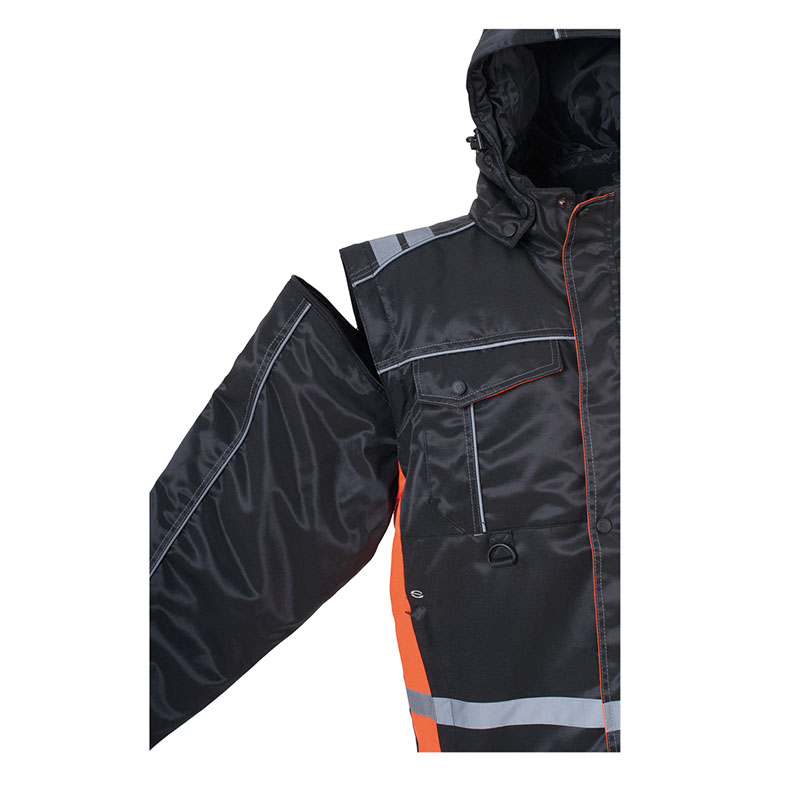
Field case: cold-chain warehouse, Upper Midwest
A 60-person team swapped their mixed outerwear for this Winter Jacket. Feedback after 90 days: fewer layer changes (sleeves off during pick runs), noticeably better wind holdout in dock currents, and fewer returns than their previous issue. Real-world clo felt “warmer than spec” to several supervisors—subjective, sure, but echoed across shifts. Surprisingly, abrasion on forearms tested better than expected versus their old canvas coats.
Bottom line
If you need a hard-working Winter Jacket that flexes between high-exertion and stand-by tasks, this 2in1 format is tough to beat. Keep a shell handy for true downpours, but otherwise it’s a reliable daily driver with honest specs and room to brand.
Authoritative citations
- EN 343:2019 Protective clothing — Protection against rain.
- ASTM F2732-17 Standard Practice for Determining the Temperature Ratings for Cold Weather Protective Clothing.
- ISO 11092:2014 Physiological effects — Measurement of thermal and water-vapour resistance.
- ISO 811:2018 Textiles — Determination of resistance to water penetration — Hydrostatic pressure test.
- ISO 12947 (Martindale) Textiles — Determination of the abrasion resistance of fabrics.
- OEKO-TEX Standard 100 — Product class certifications for harmful substances.
Post time: Nov . 07, 2025 19:20

